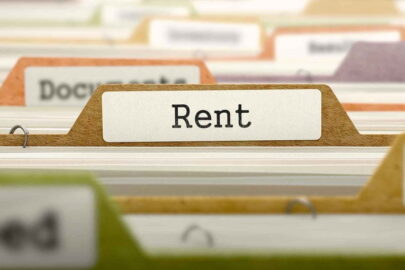Your Move has reported that rents in both the East of England and the North West rose faster than any other region during August.
Both regions saw the average monthly rent rise by 3.2% in the last 12 months.
In the East of England the average property is now let for £876 while in the North West the average price is £631 per calendar month.
The South East saw prices grow by 3% year-on-year to stand at £882 per month.
Rising demand for rental properties and insuf cient housing stock have once again forced rents upwards in most areas of England and Wales.
The South West was the only region to see a price fall in the last year. The average rent today is 2.7% lower than a year ago and stands at £667.
However, rents in the North East remain the lowest in this survey. The typical rental property costs £540 per month, lower than the rest of England and Wales.
London continues to be the region with the highest average rent. In August the typical property let for £1,282 per calendar month, this follows a 1.5% price rise in the last year. However, Your Move said this headline figure masks large differences across the capital.
Richard Waind, director of Your Move, said: “The strongest price growth continues to take place outside of London and the South East, with the East of England and the North West among the regions to grow faster in the last year.
“However, despite rising rents, the yields achieved by landlords continue to be squeezed.
“Following a drop off in new tenant enquiries after the Brexit vote last year and a resulting decrease in EU migration figures, we have started to see a resurgence in tenants coming to the market in recent months, particularly in London Figures are returning to the levels that we would expect around this time of year, with August and September being the busiest months for lettings as students, graduates and families working in the education sector look for new properties.
“This recovery in tenant enquiries, combined with continued subdued supply of new listings in the wake of recent tax changes affecting landlords, has been a key reason for price increases in the last year and could push rents up further in the coming months.”
